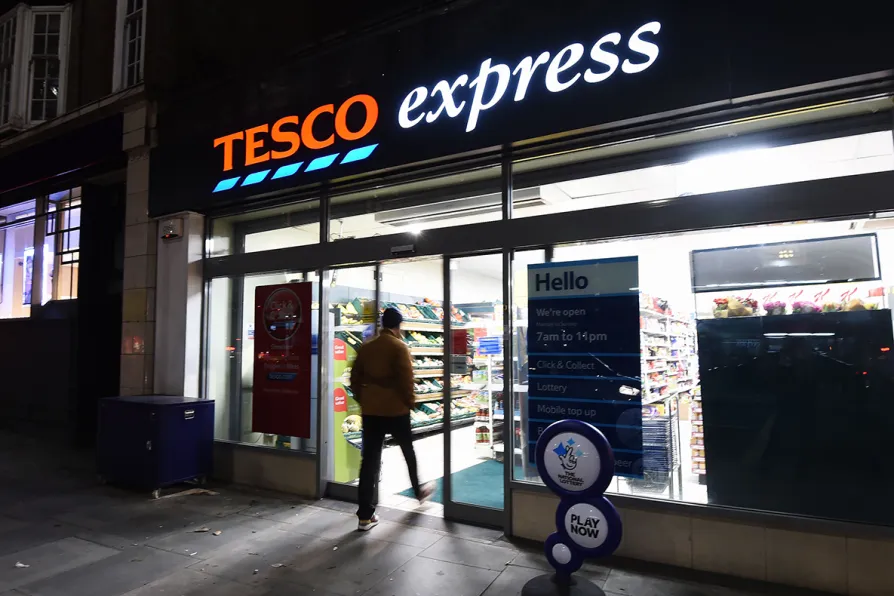The newly elected general secretary of the Aslef train drivers’ union speaks to Ben Chacko about union wins, a welcome shift in approach to the rail sector and what still needs to be done
It isn’t higher wages for workers that fuel inflation
With calls to hold back wages growing louder, JAMES MEADWAY explains that the real sources of inflation today are from the huge disruptions caused by Covid-19, and the growing costs of an unstable environment

 General view of a Tesco Express in Streatham Hill, London
General view of a Tesco Express in Streatham Hill, London
A COMBINATION of rising inflation and the first glimmerings of worker resistance are bringing some old elite fears back to the surface.
Ben Broadbent, of the Bank of England’s monetary policy committee, responsible for setting interest rates, told the Financial Times this week that he was concerned there was an “upside risk” that workers will demand higher pay increases.
Elsewhere, the Treasury has warned that higher public-sector pay “could lead to permanently higher prices.”
Similar stories

Since 2023, Strike Map has evolved from digital mapping at a national level to organising ‘mega pickets’ — we believe that mass solidarity with localised disputes prepares the ground for future national action, writes HENRY FOWLER












